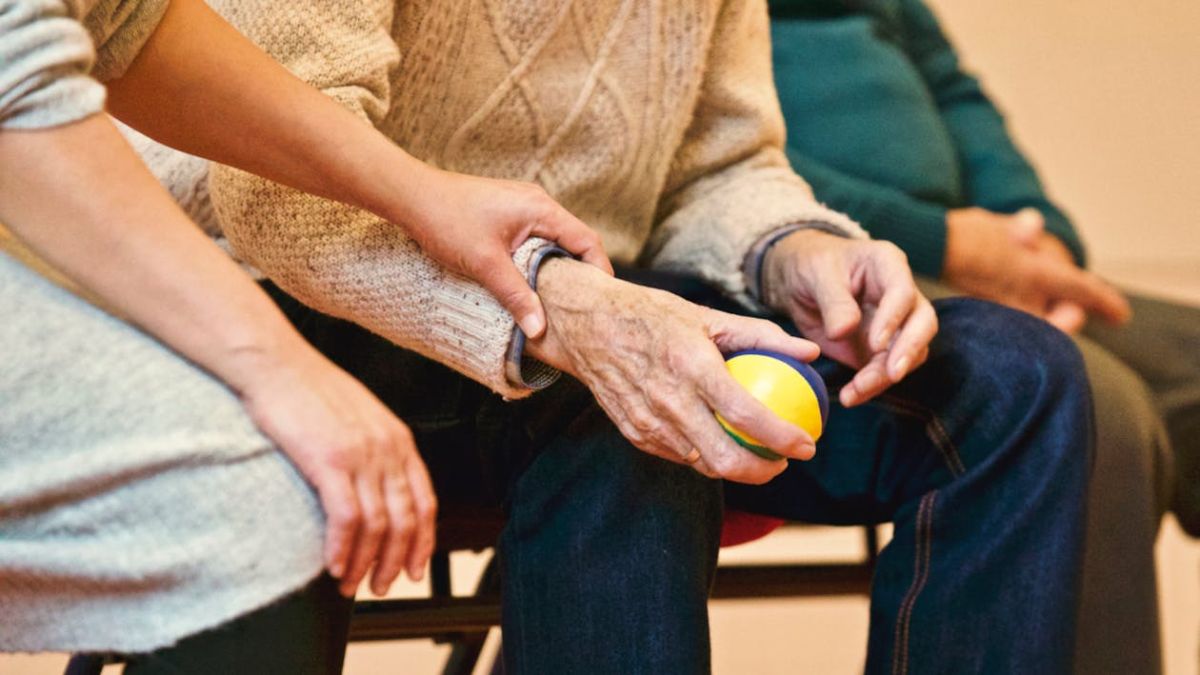Paying tribute to the generations of Asian and Pacific Islanders who have enriched America’s history and are instrumental in its future success, May celebrates Asian American Pacific Islander (AAPI) Heritage Month. During this month, we observe and celebrate the histories of Americans hailing from across the Asian continent and from the Pacific island chains of Melanesia, Micronesia and Polynesia. The month of May was chosen because it commemorates the immigration of the first Japanese migrants to the United States on May 7, 1843, and it marks the anniversary of the completion of the transcontinental railroad on May 10, 1869 by 20,000 Asian immigrants.
Who are Asian Americans/Pacific Islanders?
A rather broad term, Asian/Pacific encompasses all of the Asian continent and the Pacific islands of Melanesia (New Guinea, New Caledonia, Vanuatu, Fiji and the Solomon Islands), Micronesia (Marianas, Guam, Wake Island, Palau, Marshall Islands, Kiribati, Nauru and the Federated States of Micronesia) and Polynesia (New Zealand, Hawaiian Islands, Rotuma, Midway Islands, Samoa, American Samoa, Tonga, Tuvalu, Cook Islands, French Polynesia and Easter Island).
It’s important to understand that “Asian” is a very complex and broad term that encompasses many countries and regions, cultures and subcultures, norms, diets, languages, and more. Describing things as “Asian” without more specificity can actually be offensive. That’s because using such a broad term brushes aside the unique identities and histories of specific cultures.
The term “Asian American” is unique to the United States. It was first used by student activists in 1968 to identify Asian groups during a time when Americans would use the derogatory term “Oriental” to refer to Asians in the United States. The U.S. Census Bureau helped evolve the term Asian American into Asian Pacific Islander in the 1980s and early 90s when this is how the organization reported this ethnic group on Census data. And finally, in 1997, the White House Office of Management and Budget made the two terms “Asian” and “Pacific Islander” two separate categories.
The “Asian/Pacific American” designation encompasses over 50 ethnic or language groups including native Hawaiians and other Pacific Islanders. There are now more Asian and Pacific Islander groups than in the past – with 28 Asian and 19 Pacific Island subgroups representing a vast array of languages and cultures.
Celebrating API History Month: Advancing Leaders Through Opportunity
AAPI Heritage Month is a time to have fun learning, to engage in meaningful dialogue, and to examine internal biases and mindsets to ensure diversity, equity, and inclusion. AAPI Heritage Month is also referred to as Asian Pacific American History Month – and sometimes AAPI Heritage Month. It’s an important time to celebrate the achievements of Asian Americans and Pacific Islanders in the United States and educate others about AAPI culture and history.
Some ways you can do this include:
- Visit museums & sites showcasing AAPI art and history. You can also do so virtually!
- Read books and listen to podcasts from AAPI authors and creators
- Watch movies and TV shows with AAPI/Asian American characters or directors
- Attend a local AAPI-centric festival or market
- Support AAPI-owned businesses
- Try learning an Asian language such as
– Japanese
– Chinese
– Vietnamese
– Korean
– Thai
– Bengali
– Mongolian
– Cantonese
– Arabic
Asian Americans and Pacific Islanders have played vital roles in shaping the nation—from building the Transcontinental Railroad to advocating for labor law changes to fighting in multiple wars. They made these contributions while also facing persistent discrimination and violence throughout U.S. history. When celebrating AAPI culture this month, be sure to bring a sense of thoughtfulness and intentionality to your team building efforts. Remember – this month is specifically about celebrating Asian American history and achievements, rather than Asian history and culture in general.
AAPI Health & Societal Threats
For Asian Americans, the leading cause of death is cancer, a factor unique to their racial and ethnic makeup. For every other racial/ethnic group, heart disease is the leading cause of death. The U.S. Department of Health and Human Services Office of Minority Health (OMH) report that Asian Americans have a high prevalence of the following conditions and risk factors:
- Chronic obstructive pulmonary disease (COPD)
- Hepatitis B
- HIV/AIDS
- Smoking
- Tuberculosis
- Liver disease
While Asian Americans generally have lower cancer rates than the non-Hispanic white population, disparities exist in certain types of cancer. The OMH also reports that Asian Americans exhibit the highest rates of cancers of the liver, cervix, and especially the stomach. For example, AAPI individuals are twice as likely to have stomach and liver cancer than non-Hispanic whites. In addition, they are twice as likely to die from these cancers compared with non-Hispanic whites.
Not only do Asian Americans deal with disproportionate health issues in the U.S, but hate crimes targeting the community have also reached unprecedented levels in recent years. The compilation of hate crime data, published by the Center for the Study of Hate and Extremism, revealed that anti-Asian hate crime increased by 339% between 2021 and 2022; with New York, San Francisco, Los Angeles and other cities surpassing their record numbers in 2020.
The Stop AAPI Hate initiative was launched in March 2020 in response to the alarming amount of racism and prejudice against Asians during the COVID-19 pandemic. Asian Americans faced, and continue to face, excessive amounts of verbal harassment and shunning. Concern peaked even further during this time, after eight people, six of them Asian women, were killed in shootings at Atlanta-area spas. The data collected by the initiative showed about 10,370 reports of hate incidents from 2020-2021. Although some progress has been made, including increased awareness among elected officials, the issue still hasn’t been remedied.
Summing it up:
At True Care, our staff are trained to assist with and care for Asian Americans with conditions that have a higher prevalence in their community. True Care’s Asian program staff speak Mandarin and Cantonese, bringing our signature in-home care experience to Asian American communities across all five boroughs and Westchester.
The stories shared throughout AAPI Heritage Month reveal the important roles Asian Americans and Pacific Islanders have played and continue to play within American society. Celebrating their voices and contributions is an integral part of ensuring future generations of AAPIs are empowered to succeed in a nation that has been shaped by their presence. The more we take time to understand and celebrate the various rich cultures that make up our diverse world, the better off our communities will be.





